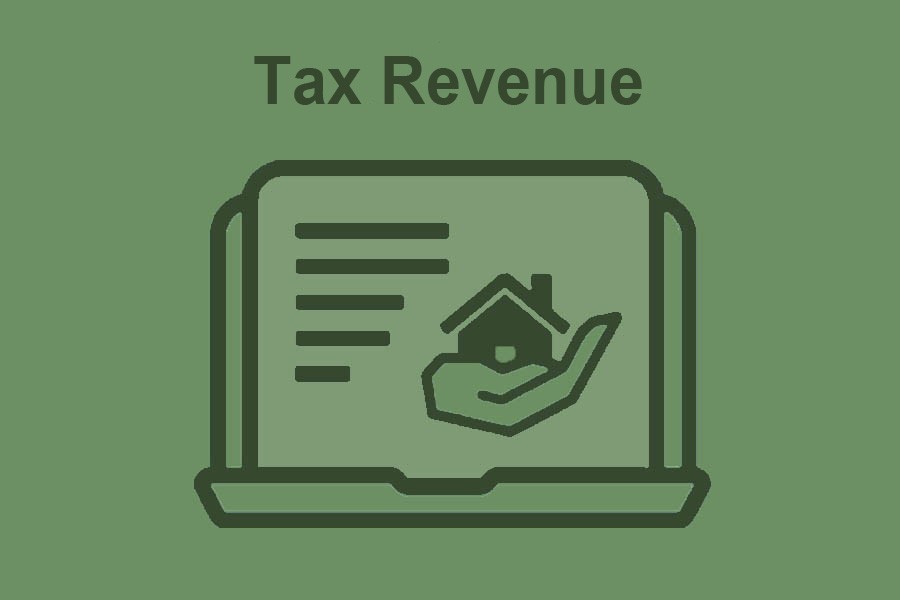One of the more positive sides of Awami League rule has been the expansion of the number of taxpayers over the last decade. From what has been reported in this paper on December 26, it is heartening to learn that the number of individual tax payers has increased seven times over the course of some 11 years. That is where the good news ends. While the taxpayer base has broadened, the revenue collecting body, i.e. the National Board of Revenue's (NBR) tax collection ability remains hamstrung by a chronic shortage of requisite manpower and logistic support.
"Existing tax offices with 31 income-tax zones across the country was designed to serve and monitor 1.1 million individual taxpayers as of 2011, when the last expansion of its net took place", according to data available with the NBR. On paper, there are over 8.0 million registered tax payers who possess taxpayer-identification number (TIN). The irony here is that the problems with infrastructure, manpower and other logistics needed to properly serve this tax payer base have remained unaddressed. According to tax officials, the last expansion of the tax department took place in 2011. Back in 2011, individual tax zones dealt with 50,000-60,000 tax payers in a financial year - now that number has mushroomed to around 242,000 individuals who are being supervised by the same number of personnel who did the job a decade ago. Hence, it does not require much imagination that bereft of the tools needed by taxmen to properly assess individual taxpayers, the government is losing a lot of taxable income.
With the development budget becoming more and more ambitious over the last decade, one wonders precisely what deters policymakers from expanding NBR capabilities so that more revenue could be collected. The data presented here is from the field and one can see that on the one hand, the government has been going all-out to expand its revenue base, while on the other, failing to make budgetary allocation for personnel, infrastructure, equipment and logistics, all of which would be needed to tap the registered taxpayer base.
As the economy had been growing (until Covid) consistently over 6.0 per cent per annum for over a decade, individual incomes have also gone up. And given the positive response of professionals (service holders primarily) who have come on board the tax system, it is natural that the revenue authority should expand its base to cater to this ever-increasing group of tax payers. With increase in individual incomes comes greater opportunity for NBR to generate more and more revenue for the national exchequer. Taxation at individual level remains a sore point in the government machinery and it is high time that these basic needs were addressed properly.
As the NBR is unable to properly service its registered taxpayers, small wonder that two-thirds of registered tax payers (roughly 5.5 million people) didn't even bother to file their yearly tax returns. What a distortion of the system! Indirect tax (VAT) can only go so far. In the absence of yearly taxation on individuals, there will never be enough money for the multiple development and social benefit programmes the government wishes to execute. It will forever be dependent on foreign grant agencies and international financial institutions to meet its commitments. Foreign aid, grant and loans come with strings attached, some more unpalatable than others. Apparently the income-tax wing is now planning an expansion whereby tax zones are increased substantially. There is also talk about automating taxpayer services. Let these plans not remain plans anymore. Let there be expedited action on plans so that by the time the upcoming budget is announced, there is some good news to look forward to.


